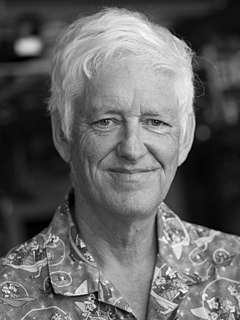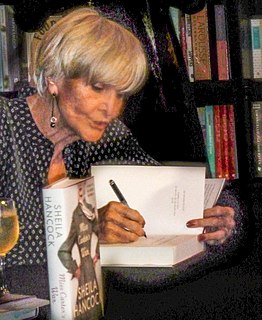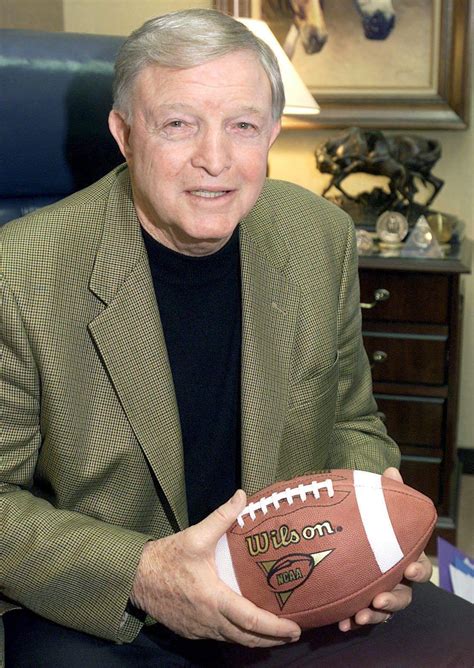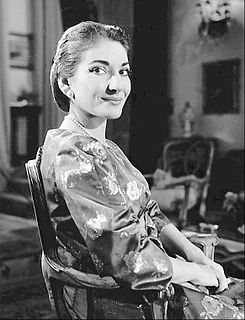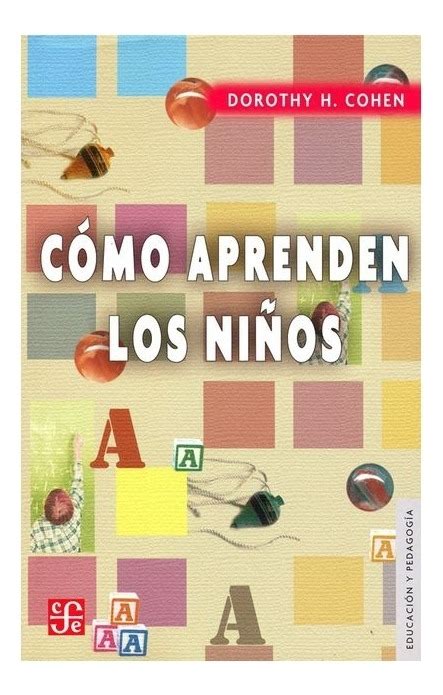A Quote by Peter Norvig
Peers can be the best teachers, because they're the ones that remember what it's like to not understand.
Quote Topics
Related Quotes
I suppose I was lucky enough to be educated at a time when teachers still thought children could handle knowledge. They trusted us. Then there came a time when they decided that because not every kid in the class could understand or remember those things they wouldn't teach them anymore because it wasn't fair on the less good ones. So they withheld knowledge. Then I suppose the next lot of teachers didn't have the knowledge to withhold.
There's a small movement of teacher-led schools across the country. These are schools that don't have a traditional principal, teachers come together and actually run the school themselves. That's kind of the most radical way, but I think something that's more doable across the board is just creating career ladders for teachers that allow certain teachers after a certain number of years to inhabit new roles. Roles mentoring their peers, helping train novice teachers to be better at their jobs, roles writing the curriculum, leading on lesson planning.
"There is no analysis here," the most brutal of them wrote. Now I wonder if my papers lacked critical thought, or if it was really more about my inability/refusal to write in the convoluted style that they wanted me to. I remember the initial shock upon reading my peers' papers. I seriously could not understand them, and I couldn't understand why the writing had to be so unclear in order to be considered smart.
It matters to me. That's what you don't get. You can't understand. You can't understand what it's like knowing what I did. That whole time being Strigoi...It's like a dream now, but it's one I remember clearly. There can be no forgiveness for me. And what happened with you? I remember that most of all. Everything I did. Everything I wanted to do.
The key to teaching anything is to remember what it was like not to understand that thing. That's a very hard thing to do. Every time you come to understand something you didn't understand before, you are transformed. You become a different person from who you were before. The key to teaching someone else to understand that same thing is to remember your former, untransformed self. If you can do that, I think you can teach anything, even physics.
Nevertheless, no school can work well for children if parents and teachers do not act in partnership on behalf of the children's best interests. Parents have every right to understand what is happening to their children at school, and teachers have the responsibility to share that information without prejudicial judgment.... Such communication, which can only be in a child's interest, is not possible without mutual trust between parent and teacher.
